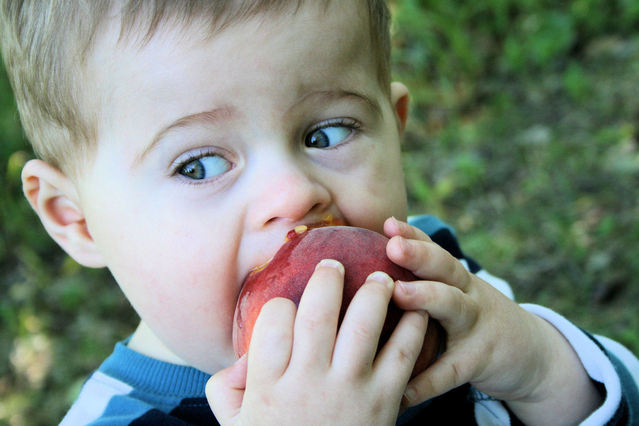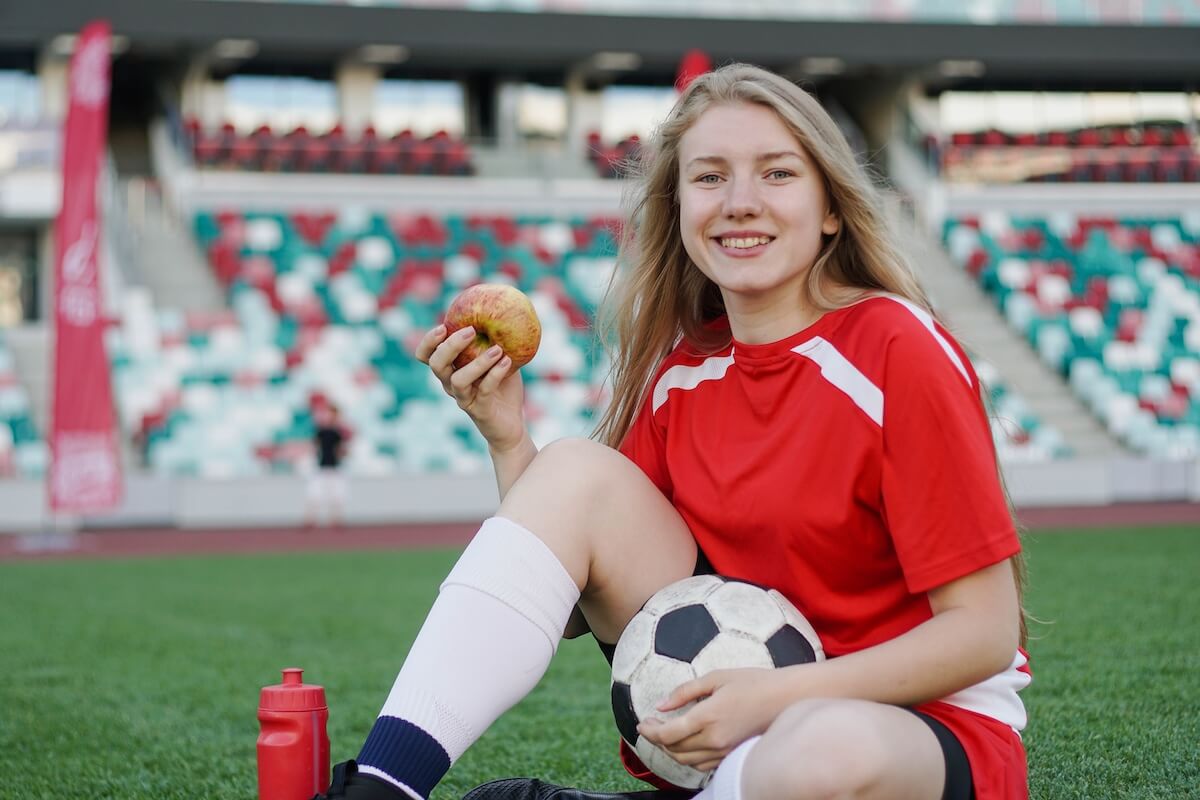Prevent Childhood Obesity with Simple Lifestyle Changes

Image courtesy of FreeImages.com/agastecheg
by Laura Cipullo, Whole Nutrition Services Team
According to the New York Times, childhood obesity rates are down. This is something that we, of course, should celebrate, but that doesn’t mean this issue is still not a very real problem for so many moms and dads out there. So what can we do about it? Well, the best way to stop childhood obesity is to prevent it before it has occurred. About a year ago, I did a short video interview with The Daily Meal about this very topic. I offered five of my most important tips on how to help your child have a healthy relationship with food. I really encourage you to check out the video, but here are some of the highlights. (As you can see, the advice is somewhat similar to what I tell adults who are trying to change their relationship with food.)
- Don’t label food as good or bad. If your child thinks a food is bad (like cookies or ice cream), that can lead to sneak eating when you’re not around or even hiding food in her room. You don’t want that. You want your child to adhere to an all foods fit philosophy. Some foods will be “everyday” foods, while others will be “sometimes” foods, but no food is off limits.
- Don’t restrict or put them on a diet. If you see your child is gaining weight, the tendency might be to put him on a diet. But diets typically involve restricting foods, which is something you want to guard against. Again, this goes back to my first tip: don’t label food as good or bad.
- Let your child choose. Children love choosing. You want them to be involved with their food, as much as possible. So don’t say “You have to lose weight; here’s what you’re having today.” Ask, “Would you like pancakes this morning? Or maybe oatmeal with almonds?” They will feel more in control and this will create a positive relationship with the food they are eating.
- Avoid negative talk. Don’t talk to your child about your own diet or share negative thoughts about your body. Saying “I hate my thighs” may lead to your child hating her thighs. After all, she was created by you. If you dislike your body, what motivation is there for her to like hers? Children are known to model their behavior after their parents, something to always keep in mind.
- Finally, and I know this will be very hard, moms and dads, but attempt to have a dinner without screens. What this means is your child eats without TVs, laptops, phones, etc. This is so they can focus on the meal, and whether or not they are full or hungry as they eat. This one may take some time to instill, but it’s worth doing, as this will start them on the road to mindfulness, one of the most important tools at your disposal when you are changing your relationship to food. I see many children and families each week, and often we discuss these very important points. If you cannot make it to see me, know that Healthy Habits the book shares the same philosophy, and is a great tool to implement at home. Mom Dishes It Out also contains a wealth of information on this topic, as does this very site! Search under the tags “momdishesitout,” “feeding kids,” or “pediatric nutrition” to find relevant blog posts.







